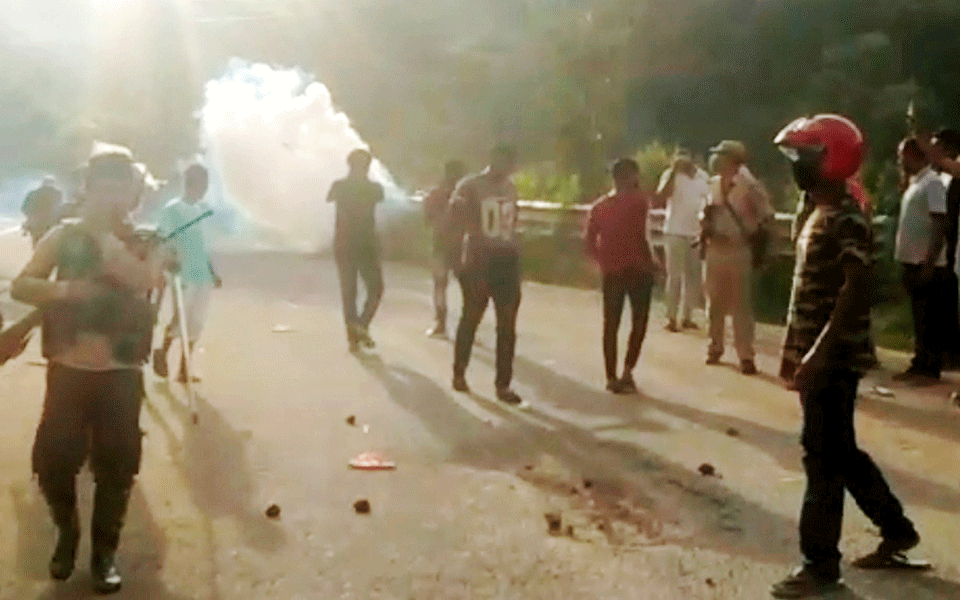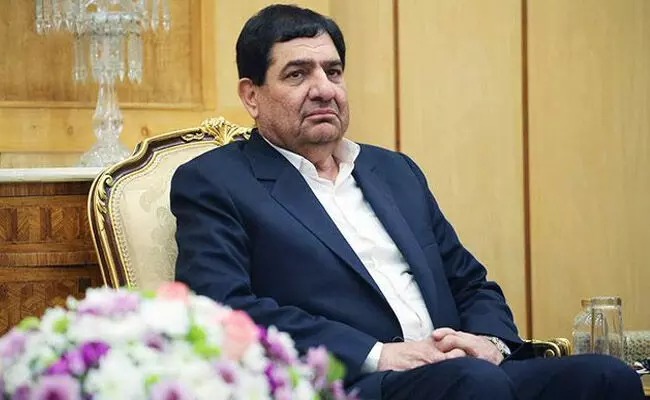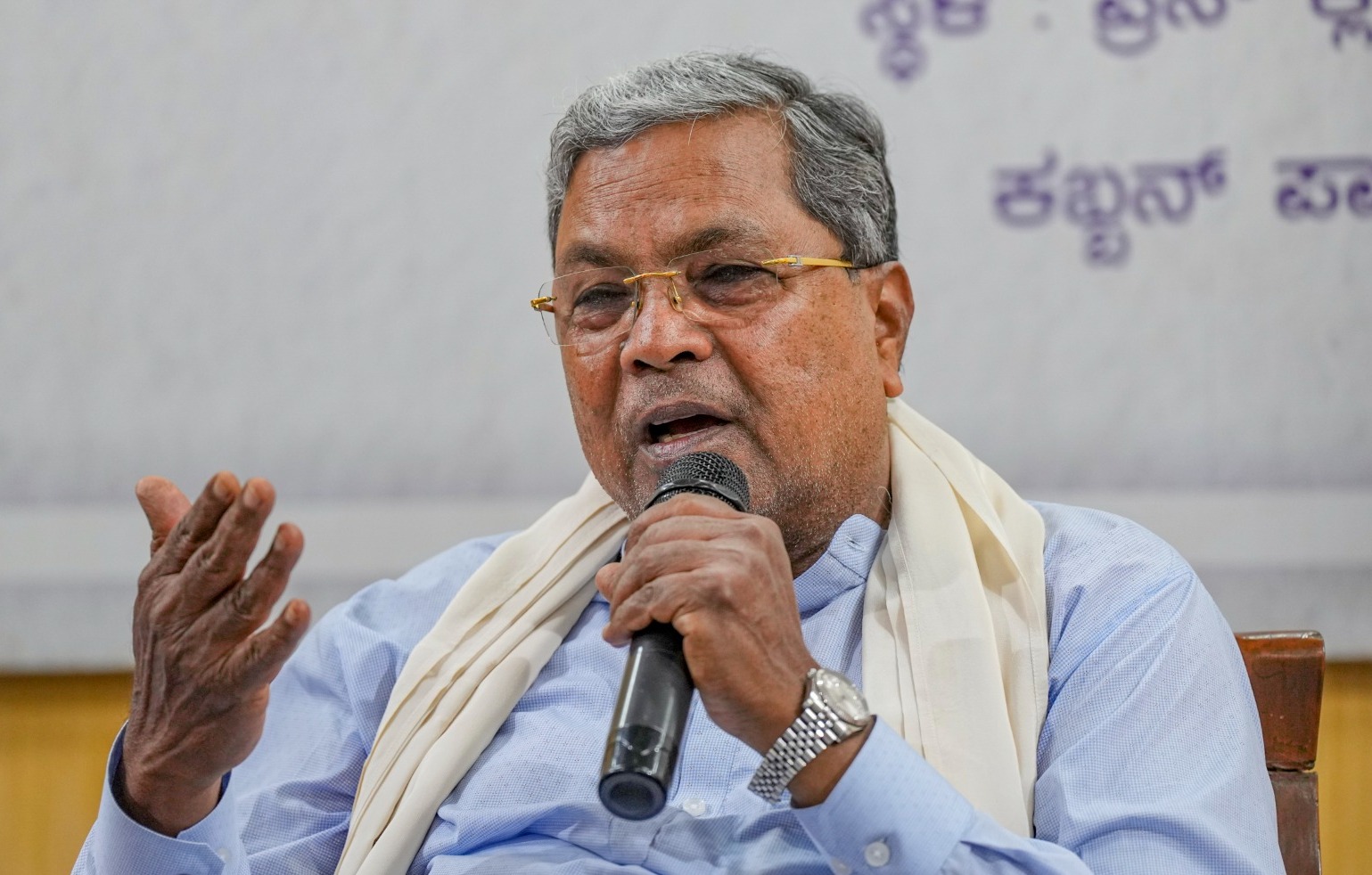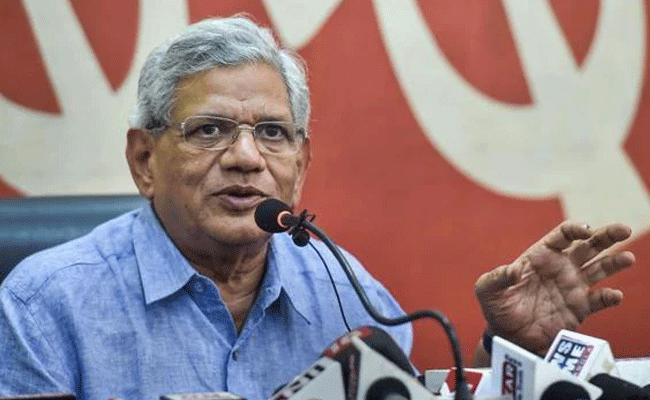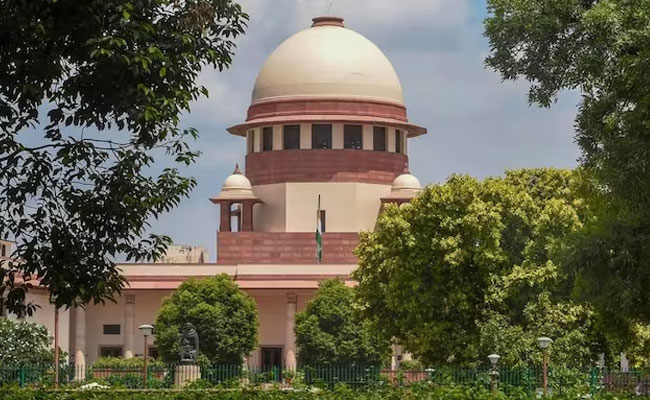New Delhi: Inter-state border disputes can "only" be resolved with the cooperation of state governments involved in the matter and the Centre just acts as a facilitator in such cases, the Union government informed Parliament on Tuesday.
Minister of State for Home Nityanand Rai said this in a written statement to the Lok Sabha in response to a question on the role of the Union government in redressing border disputes between states in the country.
"The approach of the central government has consistently been that inter-state disputes can be resolved only with the cooperation of the state governments concerned and that the central government acts only as a facilitator for amicable settlement of the dispute in the spirit of mutual understanding," Rai said.
He cited at least seven such disputes in the country with Assam being involved in four.
According to available information, there are boundary disputes arising out of demarcation of boundaries and claims and counter-claims over territories between Haryana-Himachal Pradesh, Union Territory of Ladakh-Himachal Pradesh, Maharashtra-Karnataka, Assam-Arunachal Pradesh, Assam-Nagaland, Assam-Meghalaya and Assam-Mizoram, he said.
"Occasional protests and incidents of violence are reported from some of the disputed areas," the minister said.
On Monday, at least five Assam Police personnel were killed while defending the "constitutional boundary" of the state with Mizoram as the festering border dispute between the two northeastern states erupted into a bloody conflict, officials said.
Assam Chief Minister Himanta Biswa Sarma had earlier claimed six police personnel were killed in action during the clashes.
An Assam government statement revised the figure just before midnight and said that five state police personnel died and more than 50 people of the force were injured.
Let the Truth be known. If you read VB and like VB, please be a VB Supporter and Help us deliver the Truth to one and all.
Dubai (AP/PTI): Iran's first Vice President Mohammad Mokhber was appointed as acting president of the Islamic Republic on Monday after the death of President Ebrahim Raisi in a helicopter crash in the country's northwest.
Raisi's death under the constitution thrust Mokhber into public view. He is expected to serve as caretaker president for some 50 days before mandatory presidential elections in Iran.
Iran's supreme leader Ayatollah Ali Khamenei made the announcement of Mokhber's appointment in a condolence message he shared for Raisi's death in the crash Sunday. The helicopter was found Monday in northwestern Iran.
Despite his low-key public profile, Mokhber has held prominent positions with in the country's power structure, particularly in its bonyads, or charitable foundations.
Mokhber oversaw a bonyad known in English as the Execution of Imam Khomeini's Order, or EIKO, referring to the late Supreme Leader Ayatollah Ruhollah Khomeini.
The US Treasury said the organisation oversaw billions of dollars in assets as “a business juggernaut under the direct supervision of Supreme Leader Ali Khamenei that has a stake in nearly every sector of the Iranian economy, including energy, telecommunications, and financial services”.
“EIKO has systematically violated the rights of dissidents by confiscating land and property from opponents of the regime, including political opponents, religious minorities, and exiled Iranians,” the Treasury said in 2021 in sanctioning Mokhber. The European Union also had sanctioned Mokhber for a time with others over concerns then about Iran's nuclear programme.
As the head of EIKO, Mokhber oversaw an effort to make a COVID-19 vaccine during the height of the pandemic, pledging to make tens of millions of doses.
Mokhber previously worked in banking and telecommunications. He also worked at the Mostazafan Foundation, another bonyad that's a major conglomerate that manages the country's mega-projects and businesses. While there, he found himself entangled in a bitter legal dispute between mobile phone service providers Turkcell and South Africa's MTN over potentially entering the Iranian market.
Iranian media reports suggest Mokhber, who holds a doctorate in international law, was crucial in Iranian efforts to bypass Western sanctions on its oil industry.
Mokhber has been a member of Iran's Expediency Council since 2022, which advises the supreme leader, as well as settles disputes between parliament and the Guardian Council, Iran's constitutional watchdog that also oversees the country's elections.
Mokhber was born Sept 1, 1955, in Dezful in Iran's southwestern Khuzestan province to a clerical family. He served as an officer in the Revolutionary Guard's medical corps during the 1980s Iran-Iraq war, according to the pressure group United Against Nuclear Iran.
“Mokhber used the vast wealth accumulated by EIKO — at the expense of the Iranian people—to reward regime insiders like himself,” UANI said. “Managing the patronage network endeared him to the supreme leader, but at a cost.”

